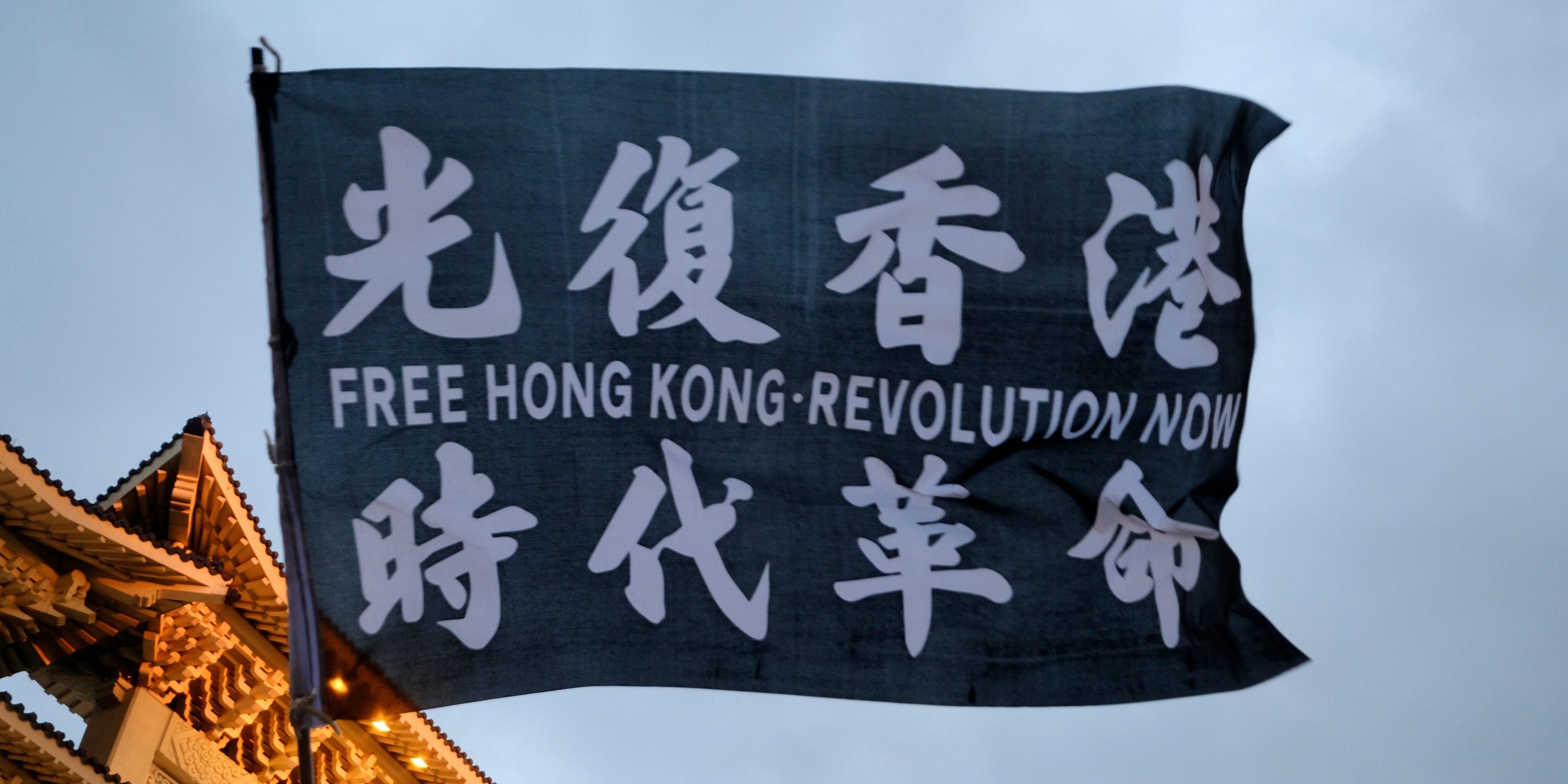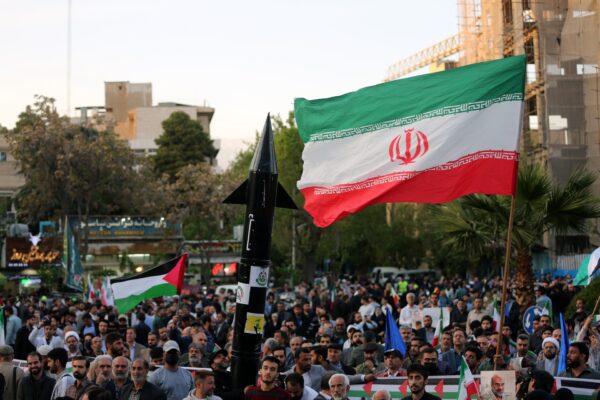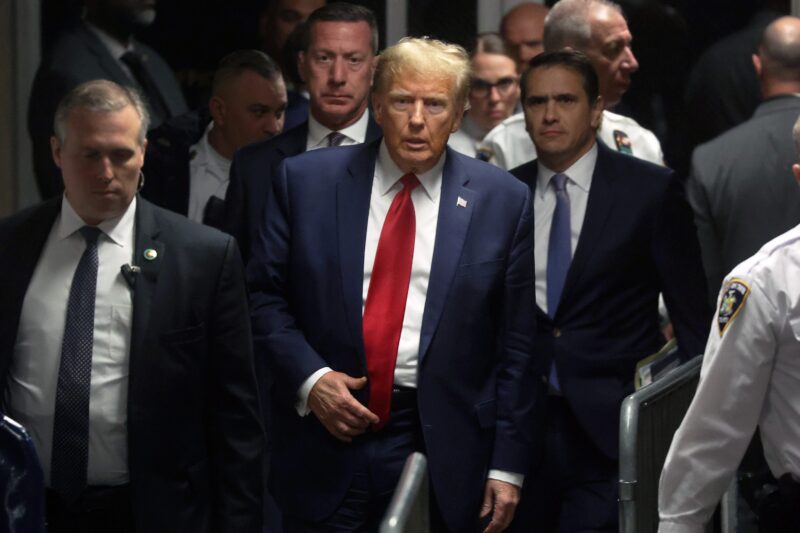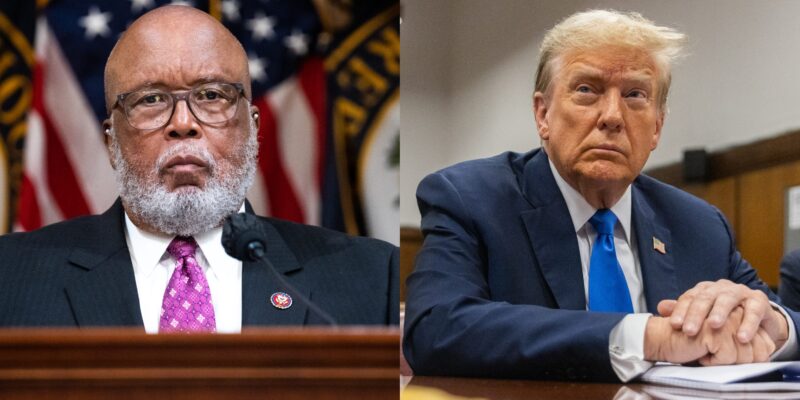- Activists in Hong Kong are deleting anti-China content from their social-media accounts and disbanding political organizations in the wake of a new national security law.
- China on Tuesday passed legislation giving it sweeping new powers to crack down on dissent as it sees fit in Hong Kong.
- Four major pro-democracy figures – Joshua Wong, Agnes Chow, Nathan Law, and Jeffrey Ngo – resigned as leaders of the Demosisto organization within hours.
- Demosisto itself disbanded shortly after, as did the Hong Kong National Front.
- Other Hong Kongers are deleting posts and pictures from social media that could associate them with past protests.
- Visit Business Insider’s homepage for more stories.
Activists in Hong Kong are hurrying to erase criticism of China from social media and disbanding their organizations after Beijing imposed a sweeping new national security law on the region.
On Tuesday, the National People’s Congress, China’s rubber-stamp parliament, reportedly approved the law, effectively stripping Hong Kong of its autonomy from the mainland since the former colony was returned in 1997.
“Separatism, subversion, terrorism and foreign interference” are now banned and punishable with a maximum of life in prison, according to China’s summary of the law. Its full contents are not yet public.
It appears that actions going back two years may be used in prosecutions brought under the law, causing Hong Kongers to worry about coming retribution.
In the aftermath of the vote, four senior protest figures - Joshua Wong, Agnes Chow, Nathan Law, and Jeffrey Ngo - stepped down from Demosisto, the activist group that has spearheaded anti-China demonstrations in Hong Kong since 2016.
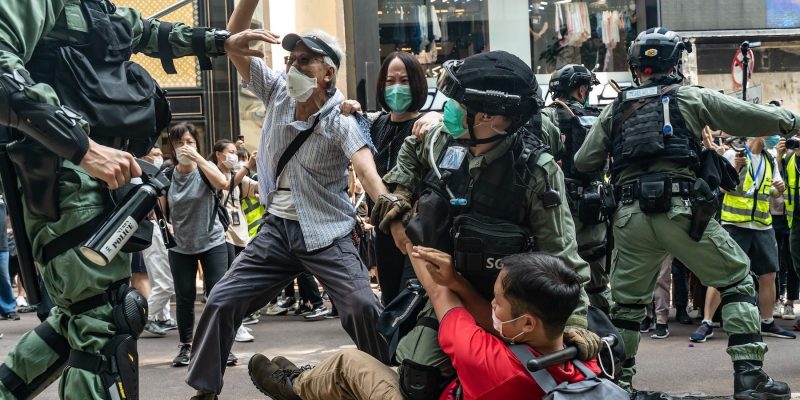
Soon after, Demosisto wrote on Twitter that the organization would "disband and cease all operation."
The Hong Kong National Front, another significant pro-independence group, also disbanded Tuesday.
Other activists and everyday citizens are moving to delete past criticism of China from their social media.
On Monday, one Twitter user who had used the hashtag #hkprotest deleted their account "out of an abundance of caution," according to the Nikkei Asian Review.
Clement So, a professor of journalism at the Chinese University of Hong Kong, told the newspaper that "this law has further impact not only for journalists, but also for people of Hong Kong in general."
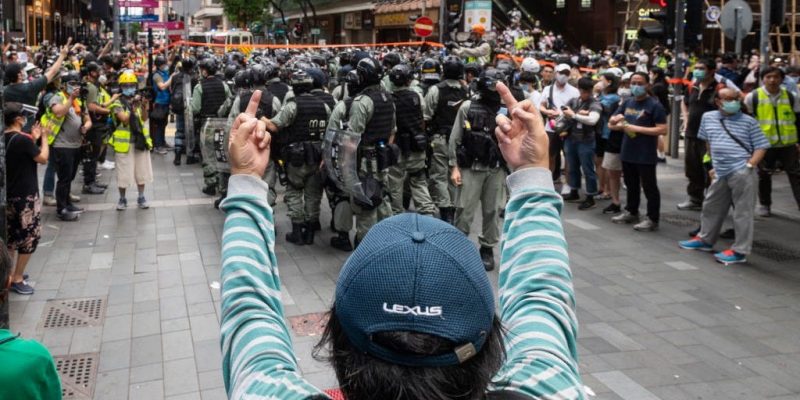
"People are starting to really worry, and they are starting to delete things they said online in the past."
An unnamed high-school teacher told the newspaper that he had "changed his profile photo on social media, deleted politically sensitive posts, and has gone through his online friends list to check whether anyone could possibly target him for his liberal views on political and social issues."
Details about the new law - first approved on May 28 but passed Tuesday - are still scarce.
Experts say this gives China vast discretion on how and when to apply it.
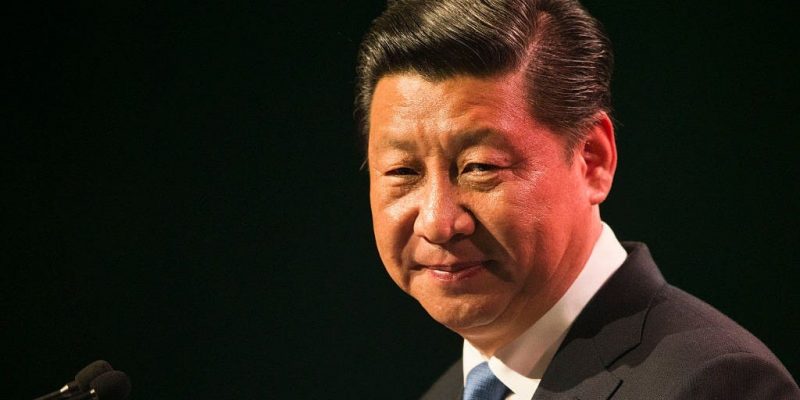
What is known is that widespread protests against Chinese influence in the city have embarrassed Beijing on the world stage and that the new law will seek to stamp out and silence opposition to Chinese rule.
The UK, which ruled over Hong Kong for about 150 years as its colony, condemned Beijing's move on Tuesday.
"We are deeply concerned by unconfirmed reports that Beijing has passed the national security law," Foreign Secretary Dominic Raab said.
"This would be a grave step."
